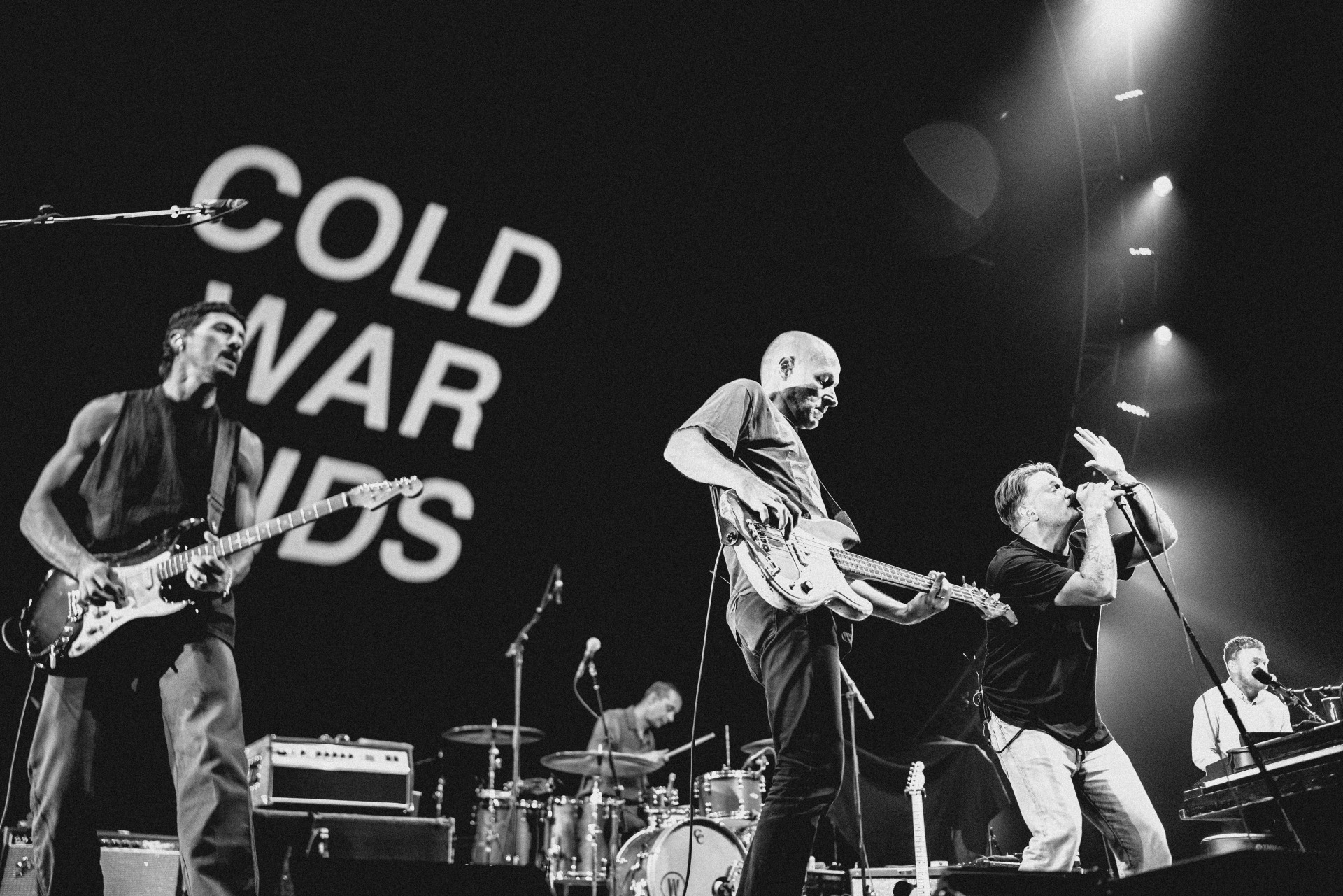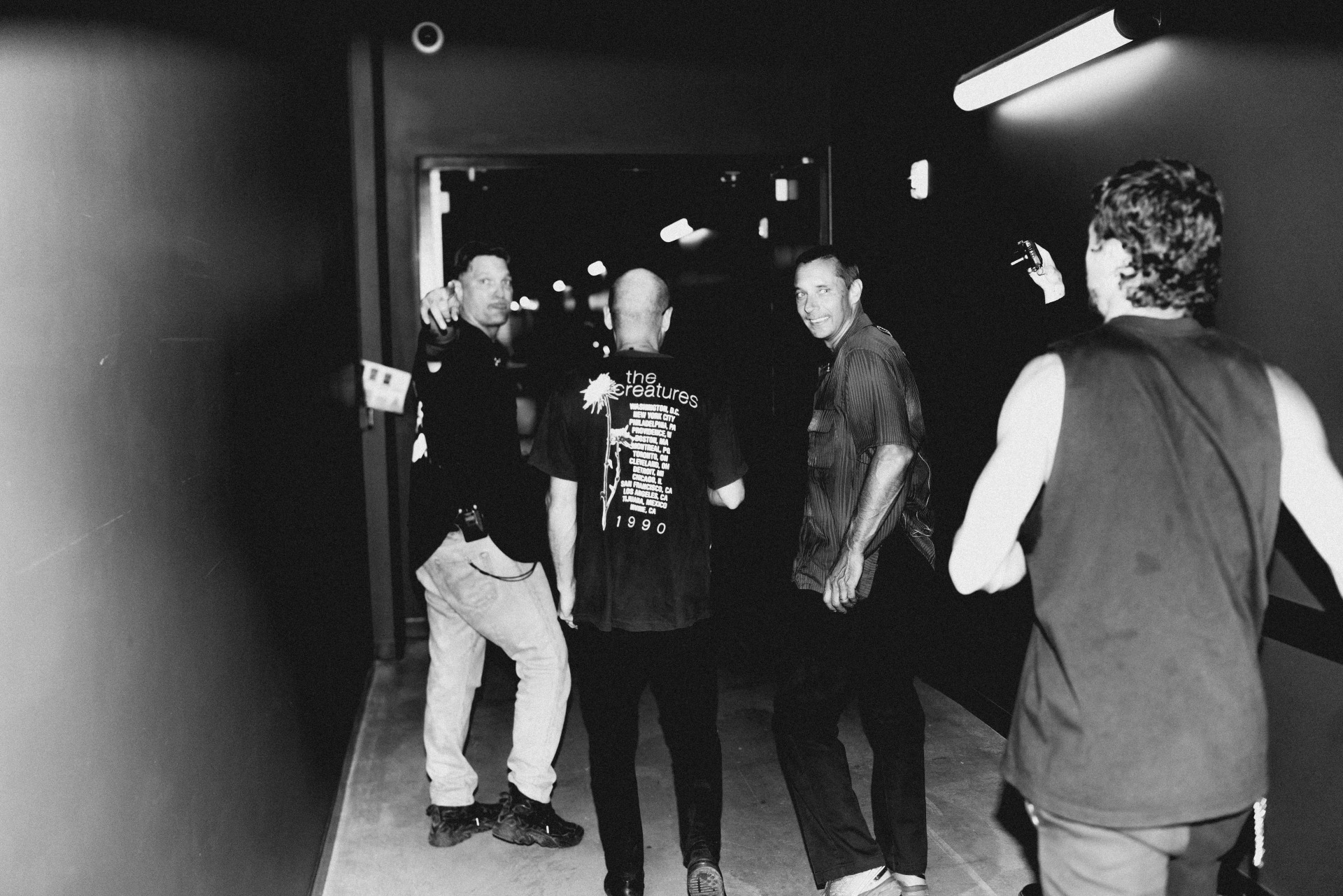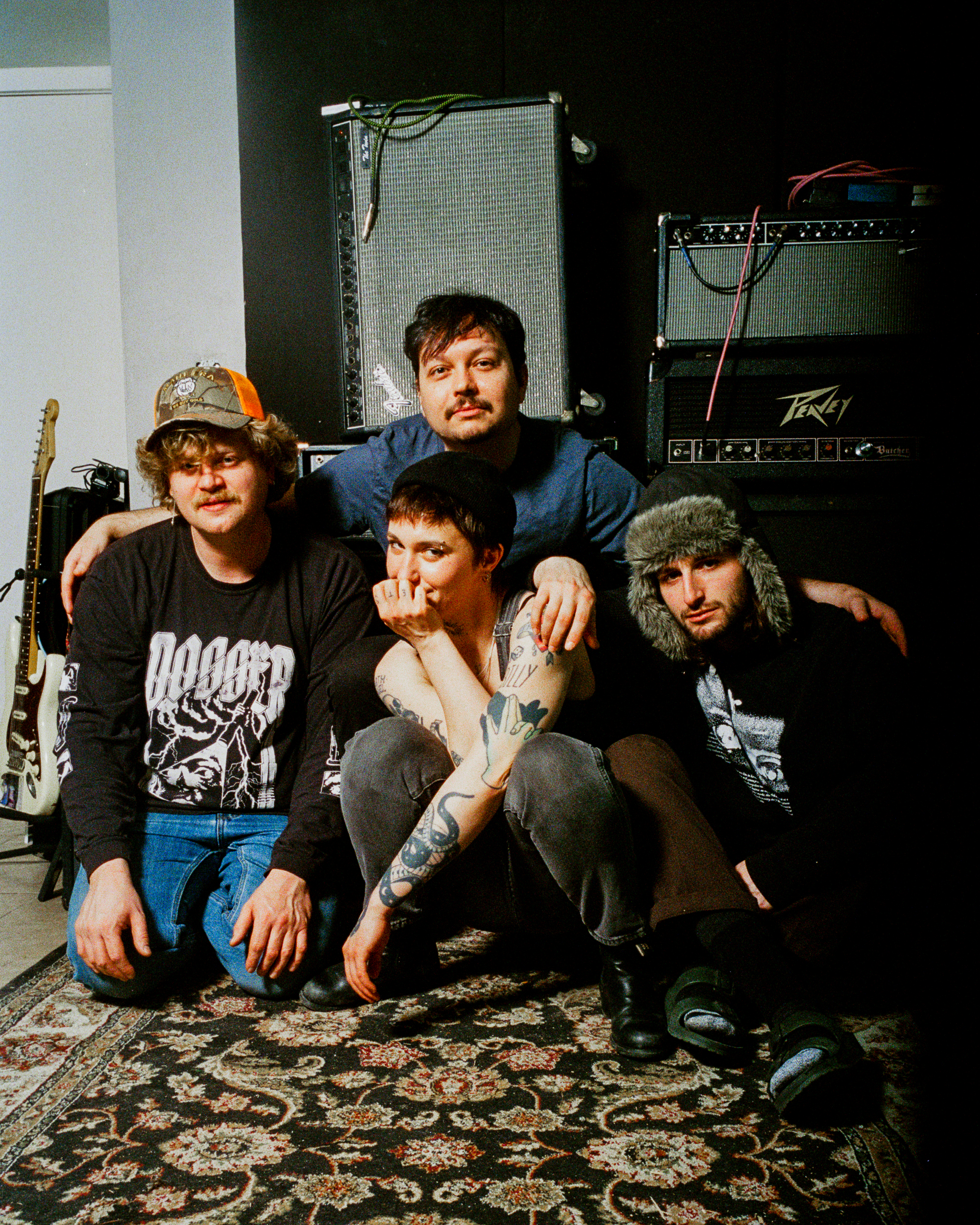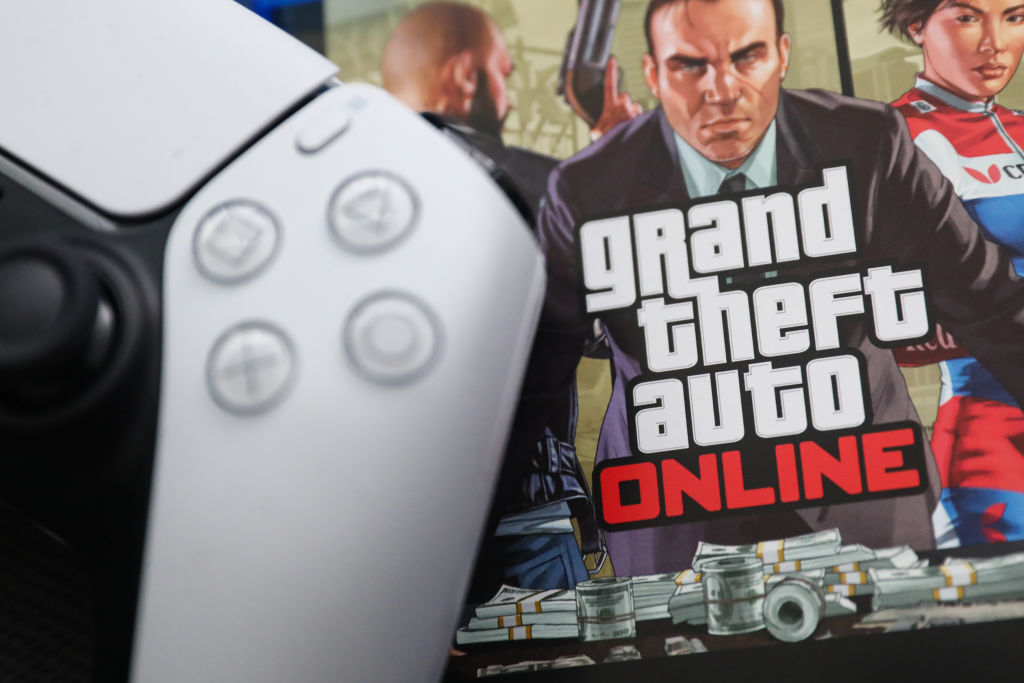For nearly two decades, Cold War Kids have made colossal indie rock that’s indebted to blues and soul. Now, the Long Beach band are not only reaching toward other genre poles, from the towering breadth of the Clash to the melodic grandeur of Oasis, but they’re also looking within. Toxic masculinity, gender roles, and taking the blame for selfishness all swirl around their new self-titled album, adopting a maturity and introspection that makes their blog-rock hit “Hang Me Up to Dry” feel light-years away. To up the stakes, Cold War Kids also tried to challenge themselves like never before by working with a slew of different producers and collaborators — in turn shifting their sound and perspectives into something wholly new.
Read more: 20 greatest Rise Records bands
To celebrate its release, we caught up with frontman Nathan Willett to unpack the chemistry behind the band, album influences, and what he discovered about himself in the process.
The record covers a lot of new terrain, like ’80s pop and dance music, while staying true to the blues and soul that’s been intrinsic to the band since your debut. What were some of your goals going into the LP?
An old friend of mine just texted me that he feels like the album is our London Calling. That put the biggest smile on my face. Because I know what the Clash set out to do was put all their influences out there. What I set out to do was put all the sides of Cold War Kids into one album. That means lyrically, stylistically, emotionally. So yes, I wanted there to be the Pretenders, Black Crowes, the Clash, George Michael, Happy Mondays, the Jam, Peter Gabriel, Sam Cooke, Oasis, Bowie, Sly. A touch of everything we love.

At this point in the band, given that this is your 10th album and you’re going on two decades together, what’s changed about how you communicate your ideas to each other?
We started off more collaborative. As is always the case with bands, a leader has to emerge to keep it going. I started taking the reins a few albums in. For this record, I brought different band guys in at different points where I thought their strengths could be best put to use. We speak the same language of artists and influences. It’s a color palette we draw from. Maust is an encyclopedia of art and music, and just having him in the room listening to a demo, he will toss out a dozen thoughts about what it reminds him of or why it could be better, and usually one of them is essential to moving the song forward.
You wrote that you tried out a shreddy guitar ending on “Another Name,” but went in another direction once strings were added. Can you tell me more about that mood shift and why it was right for the song?
Ethan works with Rob Moose a lot, and he asked if he should have him try strings on the song. It was just too perfect. The shreddy guitar was really fun also, but the emotion of this song needed the strings. We were listening to Fiona Apple’s “Carrion” from Tidal. The Jon Brion guitar solo is what we were going for. Maybe we should release that version as well someday.
You challenged yourself to work with different producers and collaborators so you could take your sound to new places. How did you connect with Militarie Gun’s Max Epstein, and what do you admire about what he brought to the record?
Max is my brother-in-law, and we are close. During the pandemic, we would talk for hours about music. He’s like 10 years younger than me, so I think I connect to my younger more punk-rock brain. Less of the misunderstood fine artist, more of the let’s get this job done. We are all just musicians trying to get where we want to be, and I have come a long way and don’t need to be always looking bigger and better. I just need to be me.
Throughout the recording of this album, or even after the fact, what have you learned about yourselves?
In songwriting, there is a line between transparent/self-effacing lyrics and this sort of punch line/cringey confessional style that is hot right now. I learned that I need to dig into myself to be able to sing these songs and explore how far to go before saying too much.








